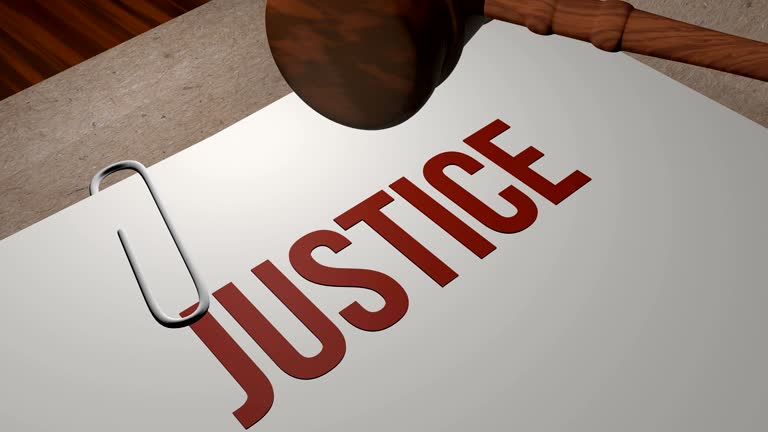If a loved one dies due to someone else’s negligence, you may wonder what compensation you can seek in a wrongful death lawsuit. Understanding the types of compensatory damages available, the factors that can influence the amount you can claim, and the limits on compensation can help you navigate this complex process. By learning about these key aspects, you can better grasp the potential outcomes of your case and make informed decisions moving forward.
Types of Compensatory Damages
You can claim various types of compensatory damages in a wrongful death lawsuit. These damages aim to reimburse you for the losses incurred due to the death of your loved one. The main types of compensatory damages include economic damages, which cover financial losses directly related to the death. This can include medical expenses, funeral costs, lost income, and the value of services the deceased would have provided.
Additionally, you may be entitled to non-economic damages, which address the emotional and psychological impact of the loss. These damages may encompass pain and suffering, loss of companionship, and emotional distress caused by the death. While quantifying economic damages is relatively straightforward, determining non-economic damages can be more complex.
In some cases, punitive damages might also be awarded. These are designed to punish the party at fault for their wrongdoings and deter similar behavior. However, punitive damages are not always guaranteed and are typically only awarded in extreme negligence or intentional harm cases.
Factors Influencing Compensation
Factors influencing compensation in a wrongful death lawsuit can vary based on the circumstances of the case and the laws in your state. One of the primary factors that can impact the compensation you may receive is the deceased’s earning potential. This includes their salary, benefits, and potential future earnings, which are considered when calculating financial losses.
The relationship between the deceased and the claimants can also affect the damages awarded. Spouses, children, or dependents may receive different compensation based on their relationship to the deceased. The circumstances surrounding the wrongful death, such as the degree of negligence or intent of the responsible party, can also play a significant role in determining the compensation amount.
Other factors like emotional suffering, loss of companionship, and even punitive damages in cases of extreme negligence or misconduct can further influence the final compensation awarded in a wrongful death lawsuit. Understanding these factors can help you navigate the legal process and seek appropriate compensation for your loss.
Limits on Compensation
When considering compensation in a wrongful death lawsuit, knowing the limitations that may impact the amount you can claim is crucial. While compensation aims to provide financial relief for the losses suffered due to the wrongful death of a loved one, there are certain restrictions on the amount that can be claimed. One significant limitation is the cap on damages set by state laws. These caps vary widely among states and can significantly affect the total compensation amount you receive.
Another factor that can limit the compensation you can claim is the type of damages that are eligible for reimbursement. In wrongful death cases, compensatory damages, which include medical expenses, funeral costs, lost income, and pain and suffering, are commonly awarded. However, punitive damages intended to punish the responsible party may be limited or even prohibited in some jurisdictions.
Understanding these limitations is essential to managing your compensation expectations when pursuing a wrongful death lawsuit. It’s advisable to consult with a knowledgeable attorney who can guide you through the legal process and help you navigate these restrictions effectively.

Leave a Reply